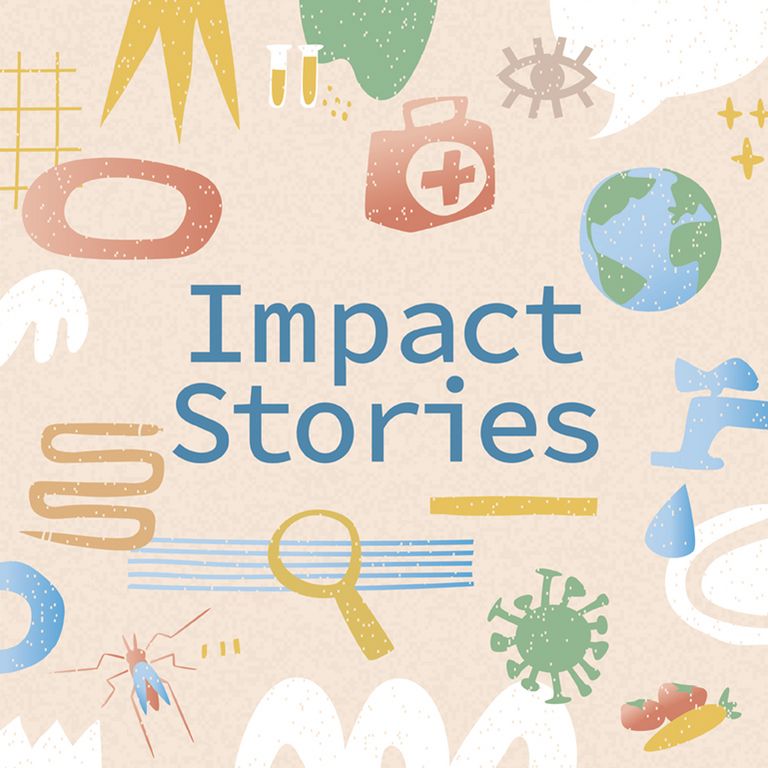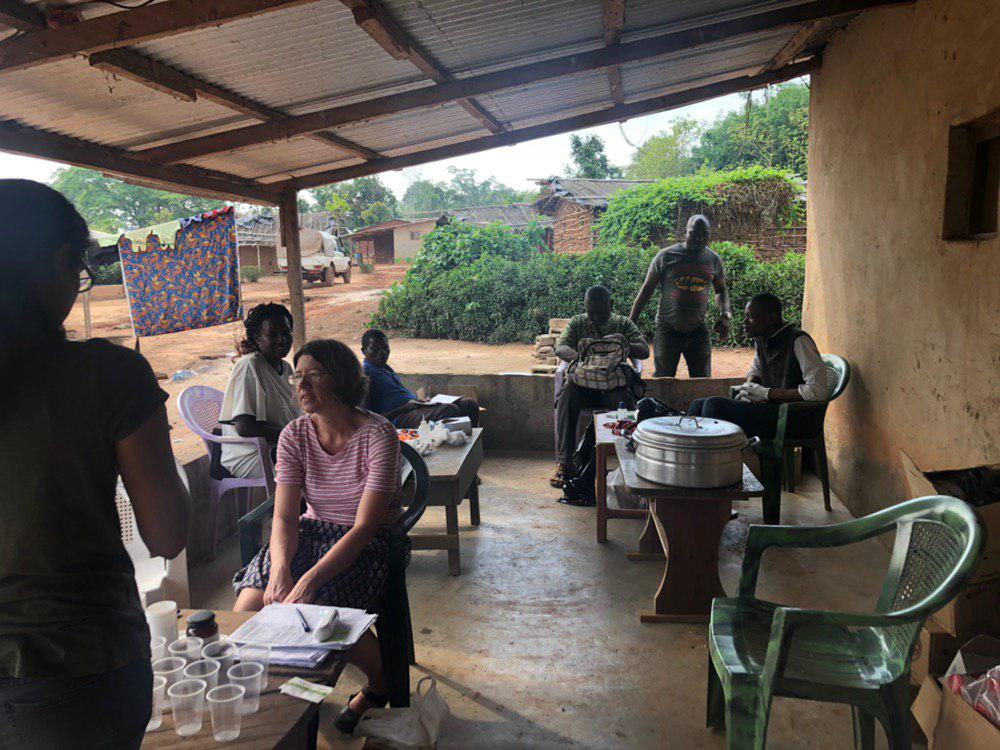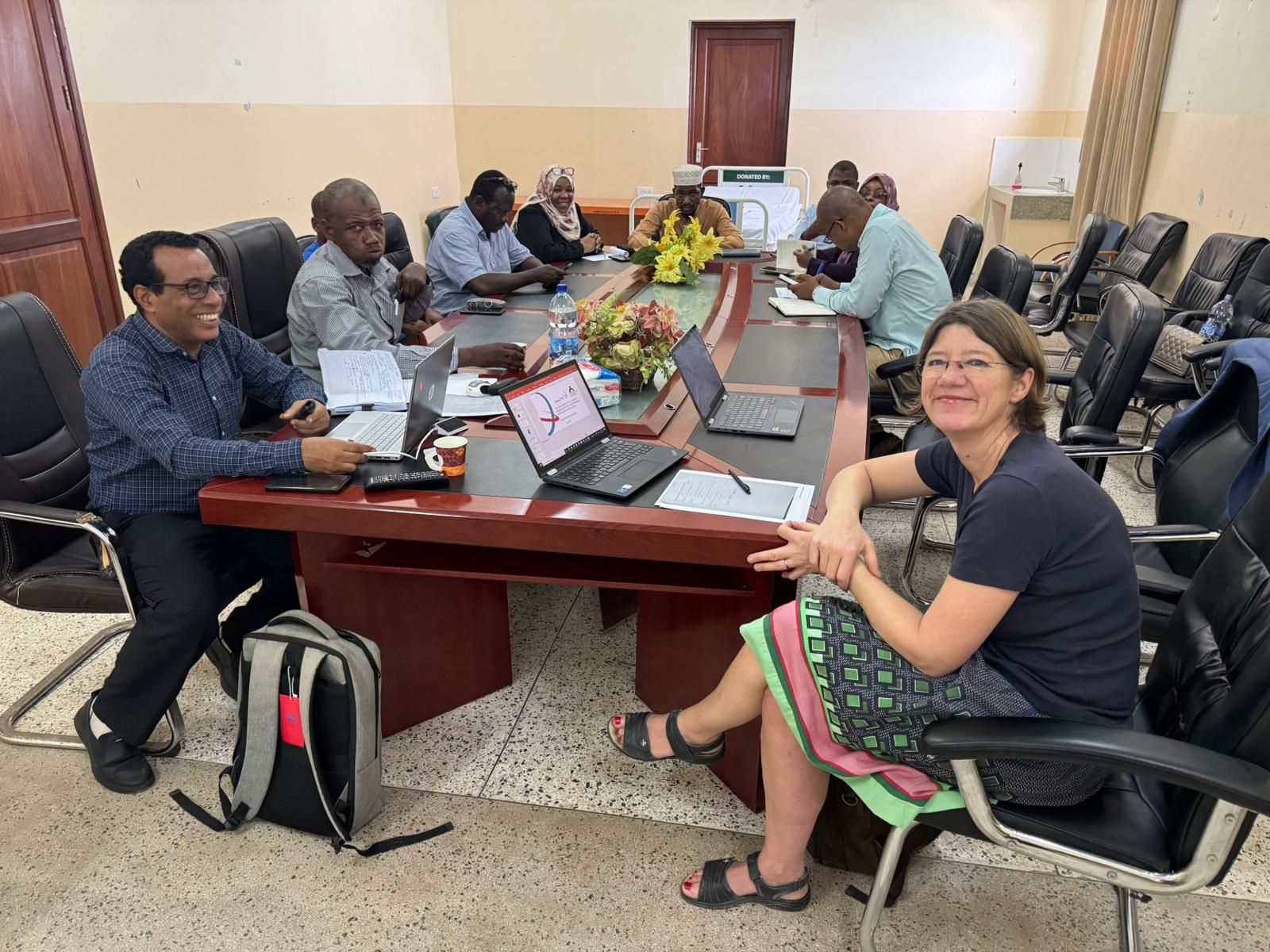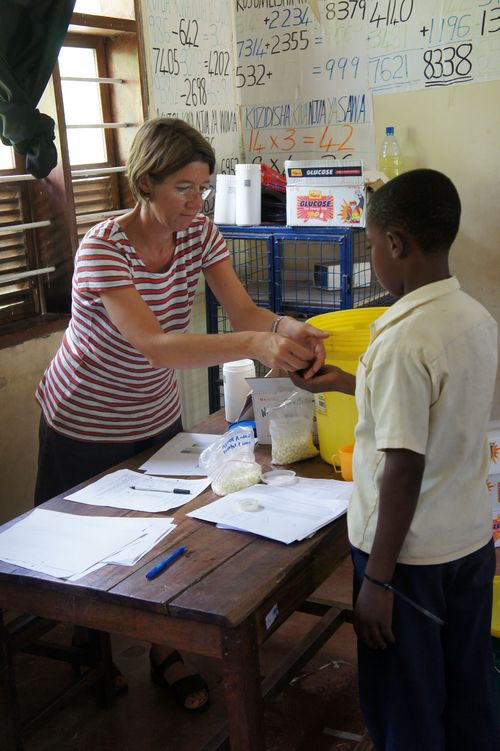

What inspired you to pursue a career in infectious diseases research?
During my pharmacy studies, I traveled to Tanzania and saw not only a country filled with natural beauty, wildlife and warm hospitality, but also the devastating impact of neglected tropical diseases on rural communities. This experience sparked my passion for infectious diseases research and led me to focus on tropical medicine. I started working on human African trypanosomiasis during my Ph.D., followed by malaria during my postdoc and later had the chance to build up my own group working on helminth infections at Swiss TPH. My current research focuses on the discovery and development of more effective anthelminthics to reduce the global burden of helminth infections in vulnerable populations.

What’s your perspective on the future of infectious diseases research, and where do you see the field headed in the next 5−10 years?
The future of infectious disease research is being shaped by the emergence of new pathogens, global connectivity and environmental changes. In the next 5−10 years, the field will likely focus on topics such as understanding the impact of climate change and urbanization on disease spread, as well as developing faster diagnostic tools and vaccines. However, challenges remain in addressing antibiotic resistance and ensuring equitable access to healthcare.
What advice would you give to young women scientists starting their careers?
Follow your interests with passion and dedication. Science is often unpredictable, so stay resilient and don’t be discouraged by setbacks. Embrace challenges as opportunities for growth and maintain confidence in your abilities. Be bold in your pursuits and persistent in overcoming obstacles. Enjoy the journey of discovery and learning and build a supportive network of mentors and peers. I found that allyship and networking programs are truly useful. Stay focused and believe in your potential to make a meaningful impact in science.

The original the interview was published as part of a collection of papers from ACS Infectious Diseases (https://pubs.acs.org/) titled Infectious Diseases Chemical “Cookbooks”: Celebrating Women’s Authorship in ACS Infectious Diseases. The collection is to recognise women corresponding authors with highly cited publications and major impacts on the field.

Jennifer Keiser leads the Helminth Drug Development unit in the Medical Parasitology and Infection Biology department at Swiss TPH. The unit maintains a large and quite unique set of helminth-rodent models. Research objectives of her team include in vitro and in vivo evaluation of biological activities of compounds, assay development, preclinical studies such as pharmacokinetics and metabolism, and clinical trials in helminthiasis-endemic countries, particularly in Côte d’Ivoire, Lao People’s Democratic Republic, Russia and Tanzania.